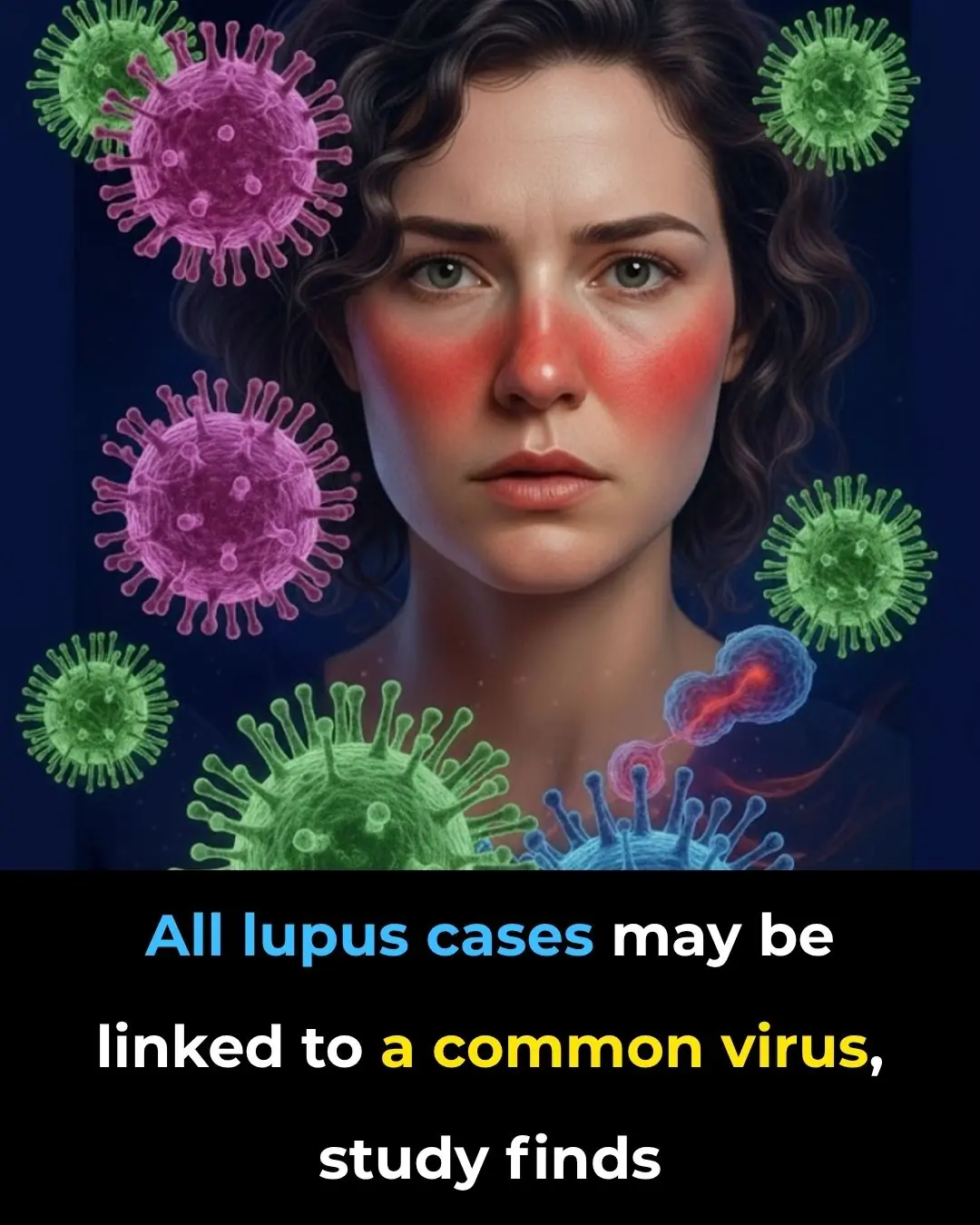
5 Early Warning Signs of Stomach Cancer: Even One Should Prompt a Medical Check-Up
Stomach cancer is often called a “silent disease” because its early symptoms are subtle and easy to overlook. Many people mistake the initial signs for common digestive issues, stress, or dietary problems. Unfortunately, this means that stomach cancer is frequently diagnosed at a late stage, when treatment becomes more difficult. Understanding the early warning signs is crucial, as early detection can significantly improve treatment outcomes and long-term survival. Below are five early symptoms that deserve attention. Even experiencing just one of them consistently may be a signal to seek medical advice promptly.
One of the earliest and most underestimated symptoms is persistent indigestion or discomfort in the upper abdomen. Many individuals experience indigestion after eating a heavy meal or consuming spicy food, but when this discomfort becomes frequent or long-lasting, it should not be ignored. Early stomach cancer can cause irritation in the stomach lining, leading to bloating, mild pain, or a burning sensation. Because these symptoms resemble common digestive issues, people often treat them with over-the-counter medication instead of considering a more serious underlying cause.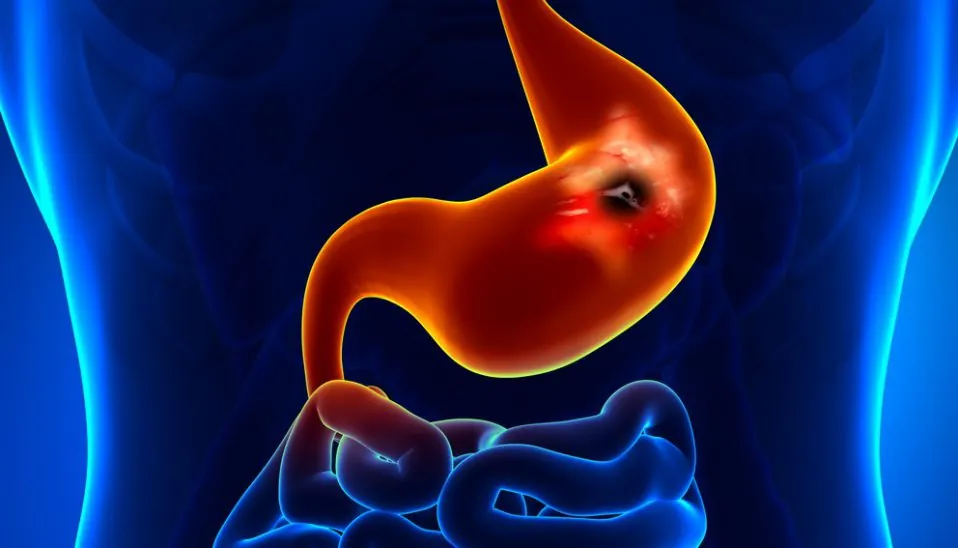
A second warning sign is unexplained weight loss. While many people might see sudden weight loss as a positive change, it can be a red flag. Stomach cancer can reduce appetite, make eating uncomfortable, or interfere with normal digestion. As a result, the body may not absorb nutrients effectively. When weight loss occurs without dieting, exercise changes, or other clear reasons, it deserves immediate medical attention. This is especially true if it is accompanied by fatigue or weakness.
Another important sign is feeling full quickly after eating, known as early satiety. This happens because a tumor in the stomach can limit its capacity or alter the way it empties. Someone might begin a meal feeling hungry but become full after only a few bites. Over time, this pattern can contribute to malnutrition and further weight loss. Because early satiety can also be caused by stress or overeating, it’s often overlooked. However, when it becomes persistent, it should not be dismissed.
A fourth symptom is nausea or vomiting, particularly when it occurs repeatedly without an obvious cause. Some people may vomit food shortly after eating, while others may experience nausea throughout the day. In certain cases, vomiting may even contain trace amounts of blood, though this is more common in later stages. Early-stage stomach cancer can interfere with the stomach’s ability to process food properly, leading to irritation and discomfort. Persistent nausea—especially when paired with other digestive symptoms—should be evaluated by a healthcare professional.
The final sign is ongoing fatigue, which might seem unrelated to stomach issues but can be closely connected. Fatigue can result from anemia, a condition that occurs when the body does not have enough healthy red blood cells. Stomach cancer can cause slow internal bleeding that is not immediately visible. Over time, this leads to deficiencies that drain energy levels and make even simple tasks feel exhausting. Many people attribute fatigue to lifestyle, stress, or lack of sleep, but persistent tiredness without a clear cause should prompt a medical check-up.
In conclusion, stomach cancer often develops quietly, and its early symptoms are easy to confuse with everyday digestive discomfort. However, paying attention to persistent indigestion, unexplained weight loss, early satiety, chronic nausea, and ongoing fatigue can make a significant difference. While these symptoms do not always indicate cancer, they signal that something in the body is not functioning normally. Seeking medical advice early—rather than waiting for symptoms to worsen—offers the best chance for timely diagnosis and effective treatment. Prioritizing these warning signs can ultimately protect your long-term health.
News in the same category

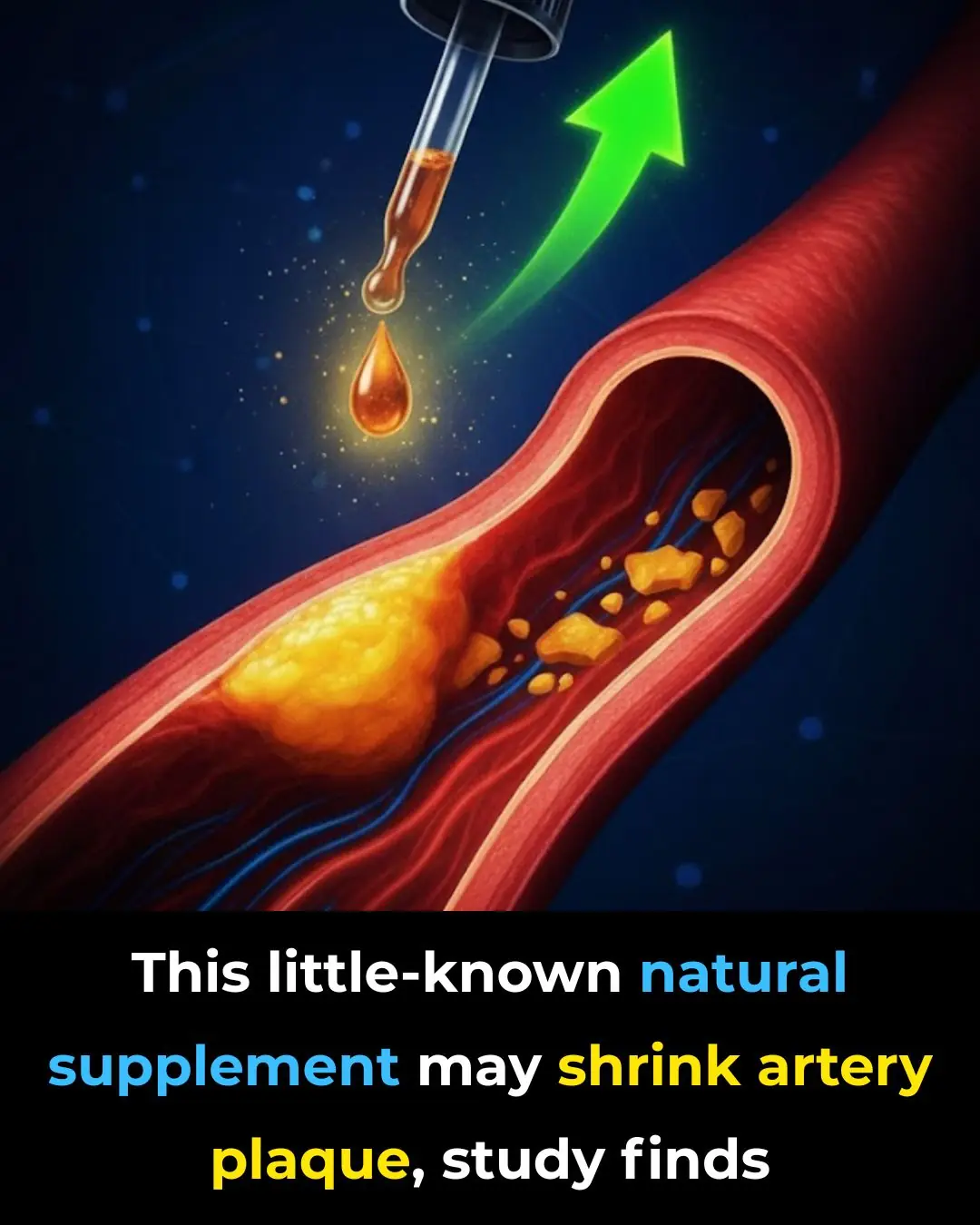
This little-known natural supplement may shrink artery plaque, study finds

This new million-person study just changed what we know about cholesterol and dementia
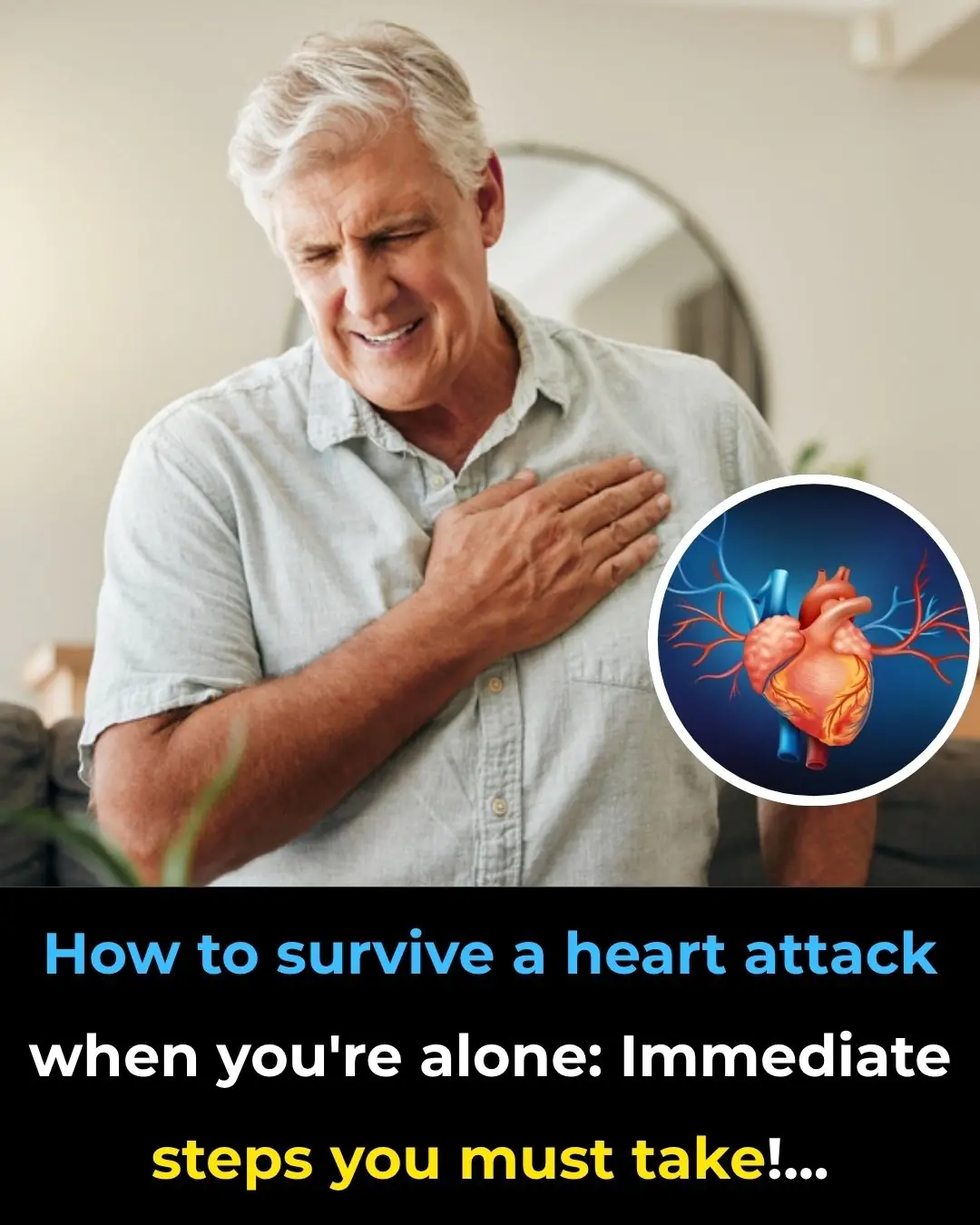
How to Survive a Heart Attack When You’re Alone: Immediate Steps You Must Take!

THE MOST OVERLOOKED SIGNS THAT YOU’RE CONSUMING TOO MUCH SUGAR EVERY DAY

Dead Butt Syndrome Is Real
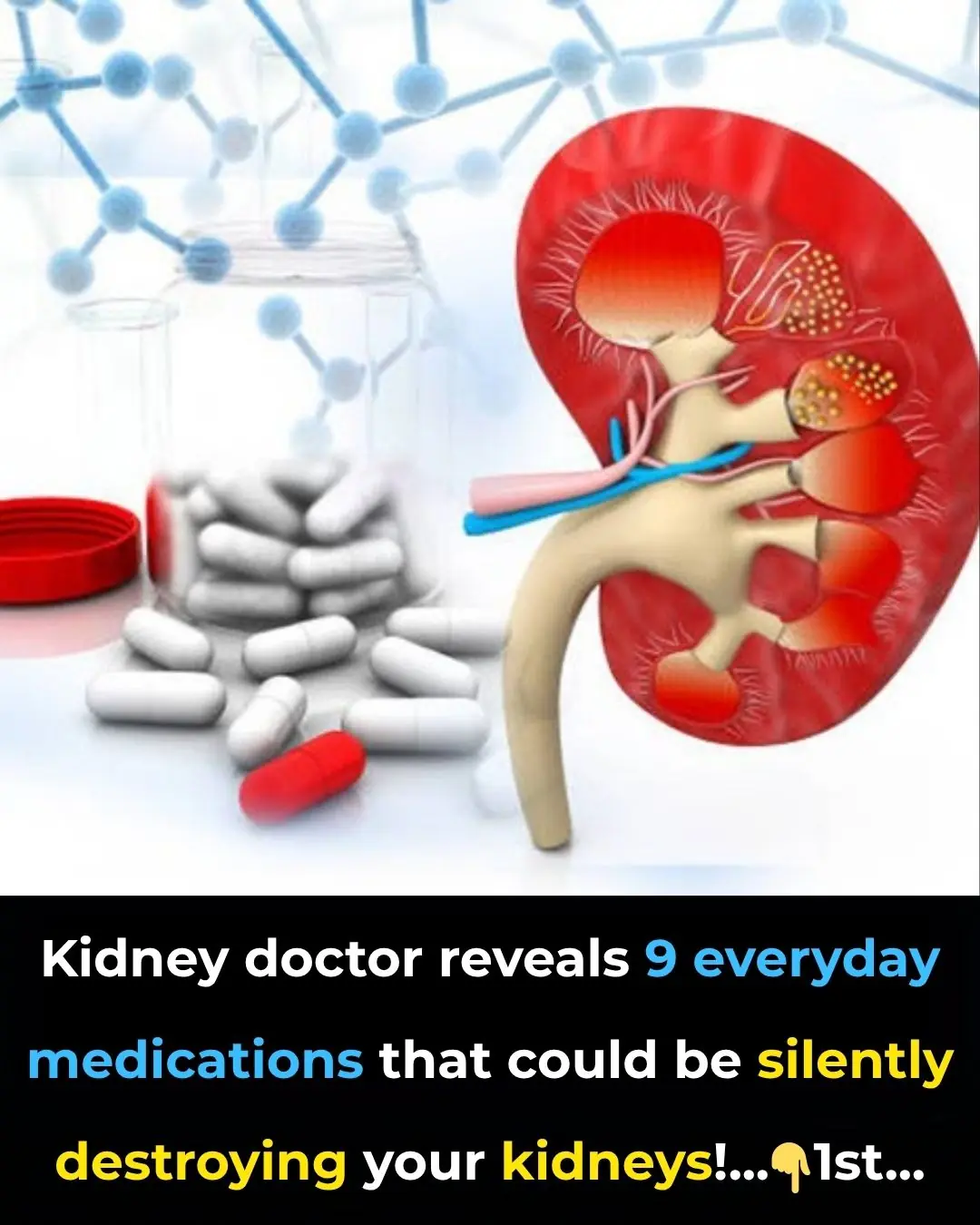
Kidney doctor reveals 9 everyday medications that could be silently destroying your kidneys!

Top 3 Foods to Prevent Leg Cramps in Seniors: Strengthen Your Legs Naturally!

Drink This Twice a Day to Help Remove Uric Acid Before It Crystallizes and Causes Joint Pain

How to Use ¼ Teaspoon of Nutmeg to Fall Asleep and Soothe Insomnia Symptoms Overnight

10 Signs you are Eating Too Much Sugar

Three-Food Combo to Strengthen Your Heart

The Hidden Health Benefits of Bananas for Women

Chicken Egg, Garlic, and Honey — You’ll Thank Me for This Simple Recipe

This Syrup Will Stop a Cough Dead in its Tracks – Ginger Thyme Cough Syrup
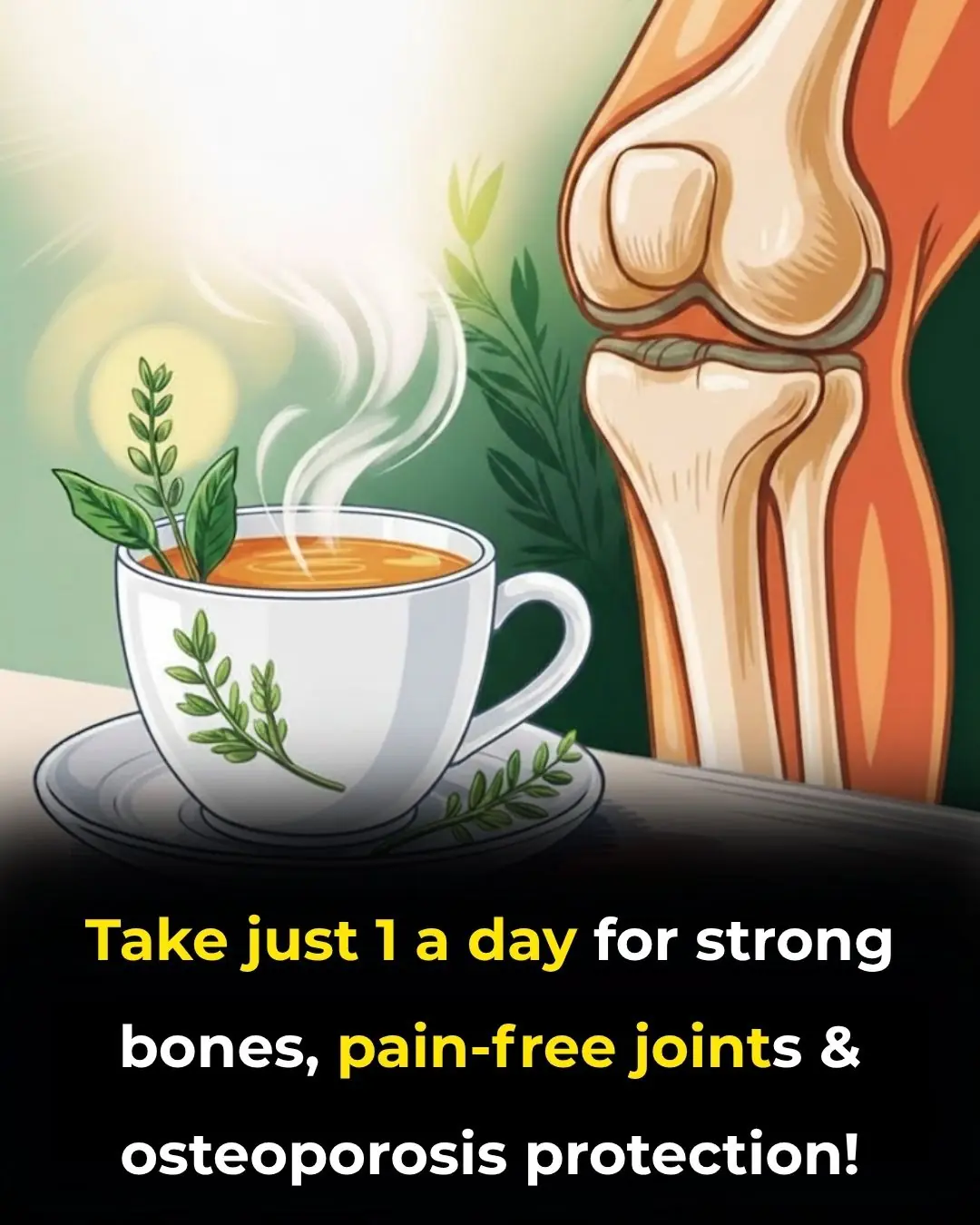
Take just 1 a day for strong bones, pain-free joints & osteoporosis protection!

Similar To Opium: The Best Natural Painkiller That Grows In Your Backyard
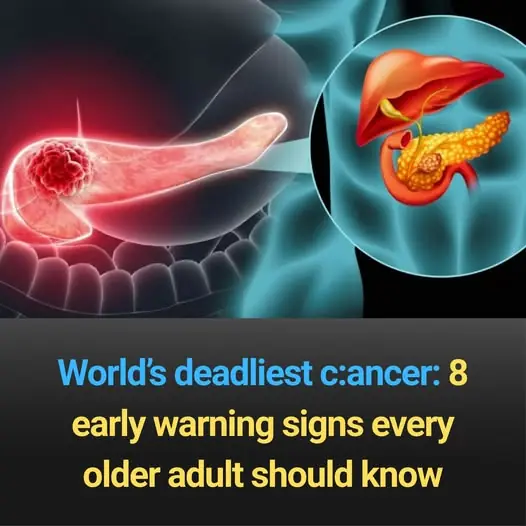
World’s deadliest cancer: 8 early warning signs every older adult should know

Eat okra every day? Here’s what happens to your body!
News Post

How to Remove Water Stains from Wood with Mayonnaise

I PAID FOR A STRANGER’S GROCERIES TWO YEARS AGO—AND TODAY, I GOT THIS IN THE MAIL

MY MOTHER-IN-LAW DESTROYED MY DAUGHTER’S GARDEN – I MADE HER PAY THE PRICE SHE NEVER EXPECTED

I THOUGHT THE NEW NANNY WAS AFTER MY HUSBAND UNTIL I REALIZED SHE WAS AFTER SOMETHING MORE PRECIOUS

The dirty fan needs to be disassembled, do this for just a few minutes to clean it, clean the dirty fan. over

4 Signs It’s Time to Replace Your Water Filter Cartridge Immediately

Close or open the bathroom door for ventilation? It turns out many people still do it wrong

5 Foods You Should Never Combine with Pumpkin

Burn a few garlic bulbs and keep them in the middle of the house. It has great benefits that every family wants to do

If You See a Hole in a Pen Cap, This Is What It Means

With This Cream, My Grandmother Looked 35 at 65 – The Best Collagen Mask

Mimosa Pudica Tea: How to Prepare and Health Benefits

🍃 5 Reasons To Add Vinegar to Your Laundry – Safe, Natural & Effective

All lupus cases may be linked to a common virus, study finds

I Went To Pick Up My Wife And Newborn Twins From The Hospital — But She Was Gone, Leaving Only A Note

This little-known natural supplement may shrink artery plaque, study finds

This new million-person study just changed what we know about cholesterol and dementia

Why Should You Flip a Honey Jar Before Buying It? 5 Expert Tricks to Spot Fake Honey

How to Survive a Heart Attack When You’re Alone: Immediate Steps You Must Take!
